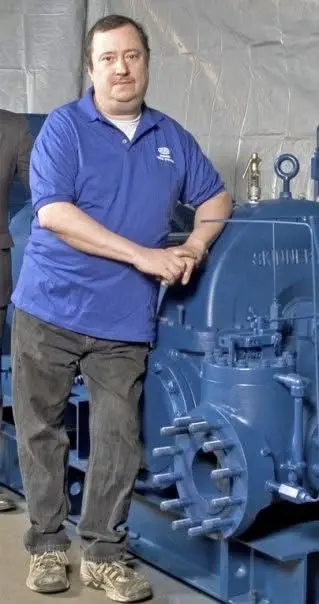Industries today face increasing demands to lower emissions while enhancing efficiency. Revolutionizing Industry with Sustainable Energy through Steam Turbine Technology represents a significant shift toward clean and sustainable energy use in industrial operations. By utilizing biomass, solar thermal energy, and waste heat, these systems replace fossil fuels to generate power. At the heart of this transition is Low-Emission Steam Generation, which enables cleaner, smarter energy production across multiple sectors.
Sectors such as food processing, textiles, chemicals, and pharmaceuticals rely heavily on a continuous steam supply. Integrating Revolutionizing Industry with Sustainable Energy through Steam Turbine Technology helps these industries reduce operational costs and carbon output. Technologies like high-efficiency turbines, advanced boilers, and cogeneration setups are making this possible. Notably, Low-Emission Steam Generation ensures minimal environmental impact without compromising process reliability.
Beyond environmental benefits, this shift offers tangible business advantages. Companies adopting Revolutionizing Industry with Sustainable Energy through Steam Turbine Technology report improved energy efficiency, compliance with green regulations, and access to carbon incentives. Moreover, investing in Low-Emission Steam Generation systems protects businesses from future penalties related to carbon footprints and energy overuse.
As industries continue to evolve, Revolutionizing Industry with Sustainable Energy through Steam Turbine Technology will be central to achieving long-term sustainability. With growing policy support, financing models, and innovations, adopting clean steam technologies has never been more practical. The widespread implementation of Low-Emission Steam Generation brings us closer to an industrial future that balances productivity with environmental responsibility.
Turtle Turbines is one of the most reputed steam turbine manufacturers from India for power generation, suitable for operation on saturated and superheated steam boilers operating in various industries. Based in India, the company focuses on providing sustainable solutions for power generation and configurations to meet the needs of different applications. For more information, please visit www.turtleturbines.com




